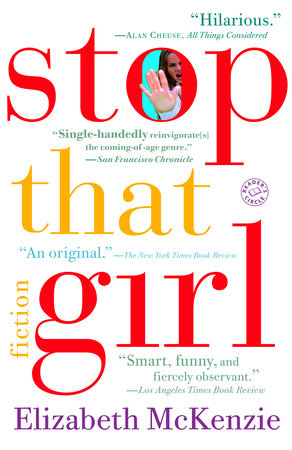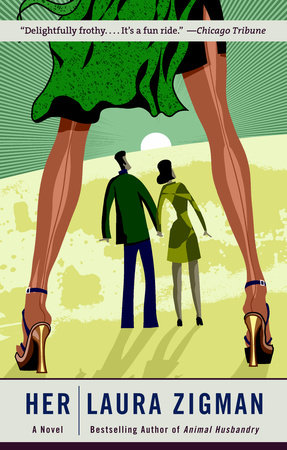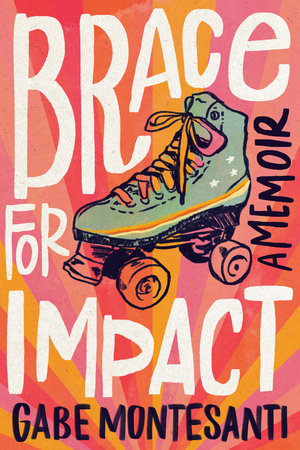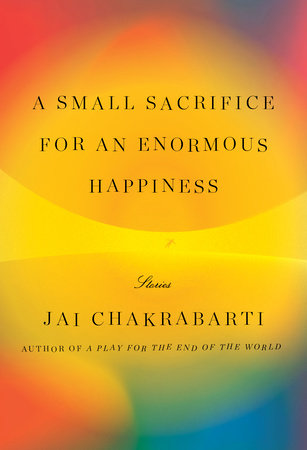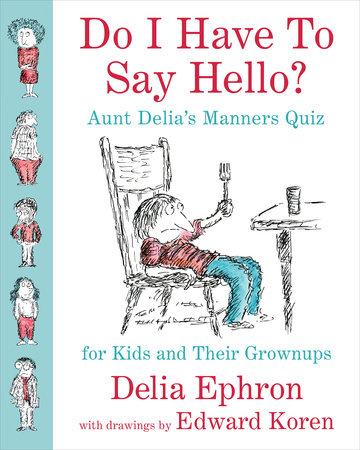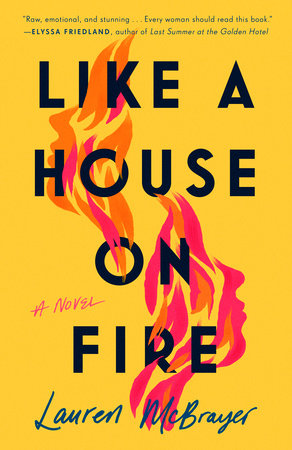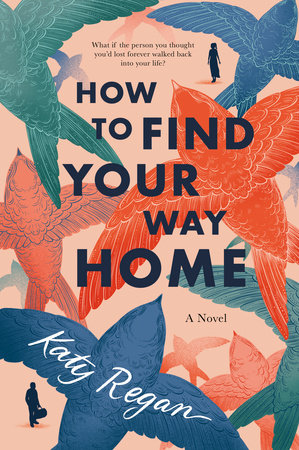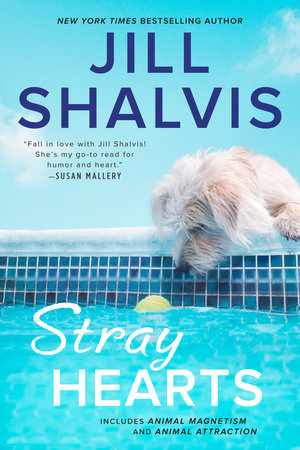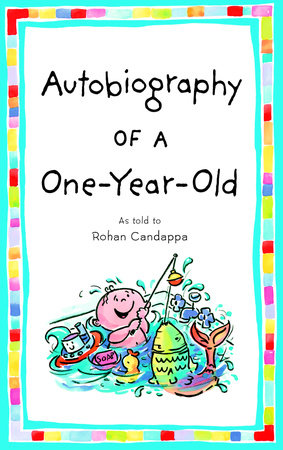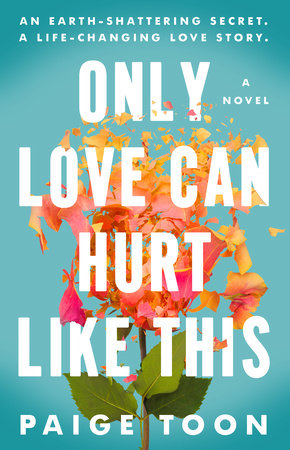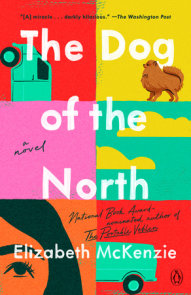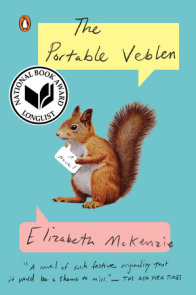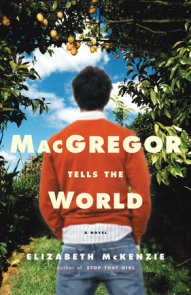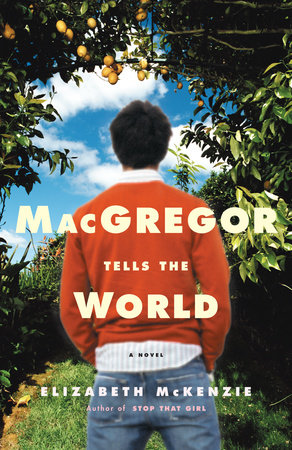Author Q&A
How much of STOP THAT GIRL is autobiographical?
I think of Stop That Girl as an alternate universe, but parts did end up being pretty autobiographical. For some reason the image of Frankenstein’s monster comes to mind–a real arm here, a real leg there, but when sewn together, something “other” emerged.
This material seemed to demand a certain amount of attention to a past I knew. The matter came up of missing certain people and wanting to hear from them again. I’ll have to admit to a bit of grave robbing here.
I understand you actually met Allen Ginsberg, and that the real-life encounter was much like the one in the book. Can you tell us more?
In college a friend and I borrowed a hulking wreck of a car in order to drive Ginsberg around town and to Baba Ram Dass’ (or was it Bagavan Das’?) house one night. I looked up to him as if he were the Abraham Lincoln of his time, and from the garbage-filled backseat this great voice was replying to all the naive questions we were battering him with.
And did you really find Bob Dylan’s hose nozzle?
One night, my best friend Roberta and I did end up being shown around Bob Dylan’s new house by a couple of carpenters finishing up the job. The nozzle ended up in my pocket. After awhile I started to feel kind of dumb about it. I doubted he had gone out and bought it himself. But I still liked it a lot, compared to other nozzles.
Ann has some very complicated relationships with the adults in her life, starting with her mother. Would you agree that the roles are reversed in this relationship?
Not exactly reversed, but certainly gnarled.
Dr. Frost, Ann’s grandmother is a spectacular character. Definitely a bit troubled yet, at the same very attentive to Ann, –albeit in her own, misguided way. Can you explain this?
I’ve noticed that a lonely adult can often let down their guard with a child in a way that they can’t with their peers, and this is the case with the relationship between Dr Frost and Ann. When I was a child, I often found myself hanging around with lonely adults who seemed to like talking to me. Naturally, this made me feel special and good, but whether or not they were models of mental health I don’t know.
Is Dr. Frost based on someone from your life?
I have just begun to plumb the depths of the very strange person who was my grandmother–my Dr. Frost. A grandmother for me is not a warm and cozy grey haired being but a prickly snarling ball of mania and misguided schemes. The kind of person whose acquaintances take you aside and whisper, Call me if you ever need to talk.
One of the most dramatic scenes is the confrontation between Ann’s mother and Dr. Frost after Dr. Frost Òkidnaps" Ann. What was the motivation behind writing this?
I was very interested in the aftermath of such an episode, no doubt in part because it mirrors an actual situation in my own family–after which, my mother and grandmother were out of touch for thirty years. It’s amazing how years of fury can stay under control until one day something happens, such as this, and the whole relationship blows up, and there’s no turning back.
What do you think caused the change in Ann’s feelings toward her step-father, Roy Weeks? Is he more of a parent than Ann’s own mother?
Roy wins Ann over through simple acts of kindness and honesty. It’s no surprise that someone in his position can be more of a parent than an actual one. There are a lot of great non-parents out there, people who make a huge difference to people who need them.
Your work also carries with it a very strong sense of dislocation. Is this theme borrowed from your own experience?
Yes. A big theme in my own childhood was that we were always in the wrong place, and that we had to keep looking for the "right" place. It was hard to define what would be the right place. It had nothing to do with schools or job opportunities. "The neighbors" always seemed to have something to do with the problem. A mystery like this, something you don’t really understand about your life, will keep you going as you write.
Do you think a certain California ethos infuses your work?
I’m not conscious of the California angle and wouldn’t cultivate it. If I tried to, I think it would wreck everything.
It wasn’t until I went to school for a year in a foreign country (which happened to be Australia), that I realized there was anything special about Los Angeles in the world’s view. There, I seemed to be an object of undue fascination, and kids were asking me questions about Hollywood and Disneyland and the Manson family. I admitted I didn’t know anyone in the Manson family, but that I had definitely been to Disneyland, and that Hollywood was not a single building but a whole town. I had a furry coat with big toggles on it that I’d been embarrassed of at home, but which everyone there seemed to think was extremely hip. Looking back, I realize that THEY were the hip ones. The kids I met there were much less cut from the mold.
